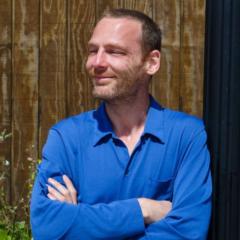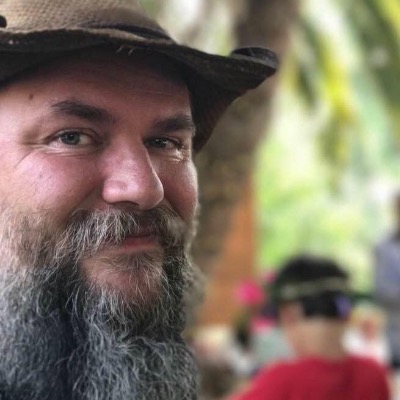Activity
Mon
Wed
Fri
Sun
Mar
Apr
May
Jun
Jul
Aug
Sep
Oct
Nov
Dec
Jan
Feb
What is this?
Less
More
Owned by Jim
The Way of Kinship is a philosophy that seeks to heal the wound of division and restore wholeness to the human spirit.
Memberships
Coach Builder Accelerator
40 members • $97/m
The Traditional Tai Chi Method
77 members • Free
This is Coaching
290 members • Free
JB
Jones Brothers Consulting
2 members • Free
Skoolers
190k members • Free
37 contributions to Kinship Cafe
What does ideal leadership look like?
What does ideal leadership look like? Is it simply one who has enough power to force their will on others? Democracy argues that ideal leadership should be by, for, and of the people. Yet others claim that true leadership can only come from divine appointment. The Daodejing (Tao Te Ching) suggests that ideal leadership should model itself on nature, that there is an inherent self-ordering principle in our world if it is allowed to flourish, and that the disruption we find in our world is the result of trying to force people into structures and systems that serve special interests rather than for the good of the whole. What do you think? Join the Kinship Cafe discussion this Friday or Sunday as we explore what leadership looks like from chapter 34 of the Daodejing (Tao Te Ching). Online this Friday at 7am PDT: see the link in the Calendar section. In-Person this Sunday at 9am PDT. Location: Hilltop Spiritual Center, 331 E Elder St., Fallbrook, CA 92028
2
0
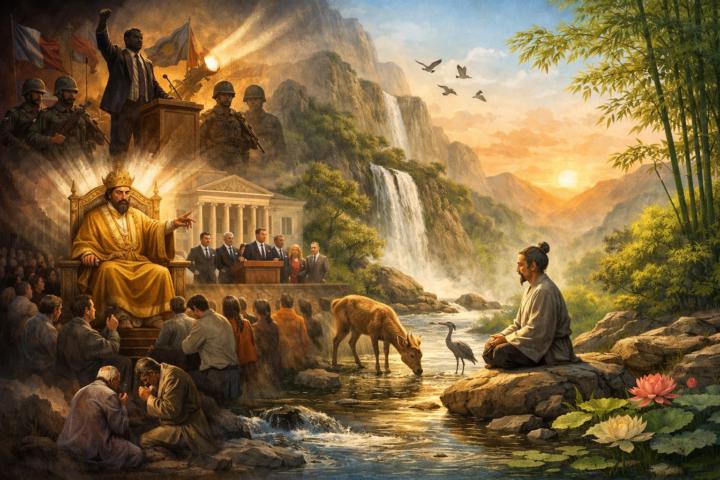
🌿 Welcome to the Kinship Cafe Community
We’re glad you’re here. This space is dedicated to exploring The Way of Kinship and the wisdom of the Daodejing (Tao Te Ching) in ways that help us live more connected, thoughtful, and compassionate lives. Our aim is not to debate who is “right,” but to share insights, ask questions, and support one another in weaving these ideas into daily life. Community Guidelines 1. Respect and Kindness Treat all members with dignity. Disagreement is welcome; disrespect is not. Listen as openly as you speak. 2. Share from Experience Whenever possible, speak from your own perspective rather than declaring universal truths. This keeps the conversation open and inclusive. 3. Stay on Topic Our focus is the Way of Kinship and the Daodejing. Connections to philosophy, science, and lived experience are welcome. 4. No Preaching or Proselytizing This forum is not a place to recruit to religions, ideologies, or political movements. Share your perspective, but respect the diversity of paths here. 5. Confidentiality and Care Assume that personal stories shared in the community are offered in trust. Please don’t share outside the forum without explicit permission. Getting Started • Introduce yourself with a post in the Welcome category. • Share a passage of the Daodejing that resonates with you. • Ask a question or offer a reflection about how you’re exploring kinship in your own life. ✨ This is your space too. Let’s create together a community that embodies the harmony and wisdom we seek.
Connected or Separate?
Our values and actions are shaped by our beliefs about the world. Do we see our world as a deeply interconnected system where actions in one part impact everything else, or do we see our world as a collection of separate parts that can be used without consequence? The Daodejing (Tao Te Ching) suggests that our world is a deeply connected oneness and encourages values and actions that support that worldview. We seem to live in a culture that sees the world as a collection of parts and acts as though we can mess around with them with impunity. What do you think, are we separate or connected? Join the Kinship Cafe discussion this Friday as we explore what it looks like to live in a connected world from chapter 33 of the Daodejing (Tao Te Ching). Or in-person on Sunday. Links for both in the Calendar section.
2
0

Ronald Reagan a Taoist? 🤔
"...And when the work is done, the people will say 'We did it!'"
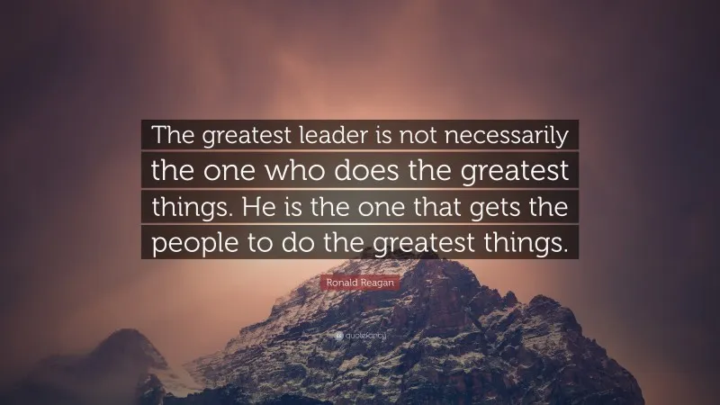
What would society look like if the government took a less active role?
The Daodejing (Tao Te Ching) suggests that humanity would flourish in a way that reminds me of the Hobbits in The Lord of the Rings. Small hamlets of people working together to provide for food and enjoying the simple things that life has to offer. What do you think? Join the Kinship Cafe discussion this Friday as we explore the perspective on life and government from chapter 32 of the Daodejing (Tao Te Ching). Online this Friday at 7am PDT: Link is in the Calendar section
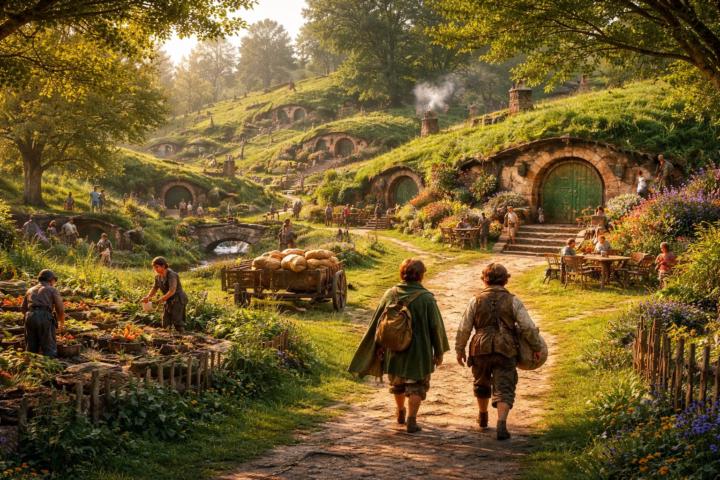
1-10 of 37
@jim-jones-7885
Over the past two decades, I have taught courses on historic Christianity, Daoism, and Naturalism.
Active 2h ago
Joined Aug 25, 2025

